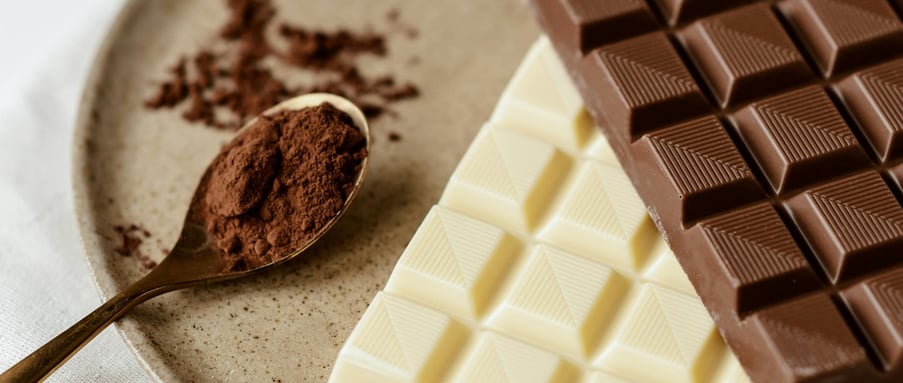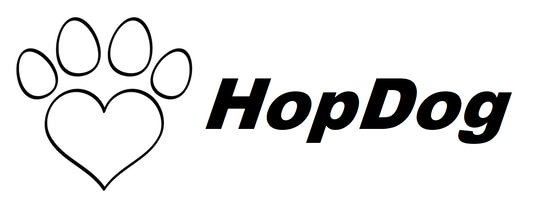7 Things You Should Never Feed Your Dog
ARTICLES


7 Things You Should Never Feed Your Dog
As a responsible dog owner, keeping your furry friend healthy and happy is a top priority. One of the easiest ways to support your dog’s well-being is by feeding them the right foods—and avoiding the wrong ones. Unfortunately, many common human foods can be dangerous or even deadly for dogs.
In this guide, we’ll explore 7 things you should never feed your dog, why they’re harmful, and what to do if your pup accidentally ingests something toxic.
Quick Tip: Always have a canine first-aid kit and access to a 24/7 vet telehealth service like Pawp or Chewy in case of emergencies.
1. Chocolate
Why It’s Dangerous: Chocolate contains theobromine and caffeine—both of which are toxic to dogs. Dark chocolate and baking chocolate contain the highest levels, but even milk chocolate can be harmful.
Symptoms of Chocolate Poisoning:
Vomiting
Diarrhea
Rapid breathing
Seizures
Heart arrhythmia
What To Do: Call your vet or an emergency pet poison hotline immediately. Time is crucial.
2. Grapes and Raisins
Why It’s Dangerous: Grapes and raisins can cause sudden kidney failure in dogs—even in small amounts. The exact substance causing toxicity is still unknown, which makes them especially risky.
Symptoms:
Vomiting
Lethargy
Loss of appetite
Abdominal pain
What To Do: Seek veterinary care right away if your dog consumes grapes or raisins.
3. Onions and Garlic
Why It’s Dangerous: Both garlic and onions (as well as leeks and chives) contain compounds that can damage your dog’s red blood cells, leading to anemia. They are dangerous in any form—raw, cooked, powdered, or dried.
Symptoms of Toxicity:
Weakness
Pale gums
Elevated heart rate
Collapse
What To Do: Contact your vet promptly. Early treatment can prevent serious health issues.
4. Xylitol (Found in Sugar-Free Products)
Why It’s Dangerous: Xylitol is a sugar substitute found in sugar-free gum, candy, peanut butter, and some baked goods. It can cause a rapid insulin release, leading to hypoglycemia (low blood sugar), seizures, liver failure, and even death.
Symptoms:
Vomiting
Loss of coordination
Seizures
Liver damage
What To Do: Take your dog to an emergency vet immediately. This is a medical emergency.
5. Alcohol
Why It’s Dangerous: Even small amounts of alcohol (beer, wine, liquor, or foods cooked with alcohol) can be toxic to dogs. Their bodies process alcohol much differently than ours, making it far more dangerous.
Symptoms:
Disorientation
Vomiting
Difficulty breathing
Coma
What To Do: Treat this like any other poisoning emergency—call your vet right away.
6. Cooked Bones
Why It’s Dangerous: While raw bones can be safe in moderation (under supervision), cooked bones can splinter easily and cause choking, blockages, or tears in the digestive tract.
Potential Risks:
Broken teeth
Intestinal blockages
Perforated stomach or intestines
What To Do: If your dog eats a cooked bone, monitor closely for symptoms and call your vet if you notice vomiting, lethargy, or bloating.
7. Avocados
Why It’s Dangerous: Avocados contain persin, a fungicidal toxin that can cause vomiting and diarrhea in dogs. While small amounts of avocado flesh may not be deadly, the pit poses a choking hazard and can block the intestines.
Symptoms:
Upset stomach
Pancreatitis (due to high fat)
Intestinal blockage (from the pit)
What To Do: Avoid feeding your dog avocado in any form, especially the pit and skin.
What Are Safe Treats for Dogs? (+ Healthier Alternatives)
While it's tempting to spoil your pup with table scraps or leftover snacks, not all human food is safe for dogs. The good news? There are plenty of dog-safe treats that are both delicious and healthy.
Safe Treat Options:
Freeze-dried meat treats (like chicken, beef, or salmon)
Dental chews that promote oral hygiene
Natural peanut butter dog treats (xylitol-free!)
Fresh fruits like blueberries, bananas, and apple slices (no seeds)
Vegetables like carrots, green beans, and sweet potatoes
